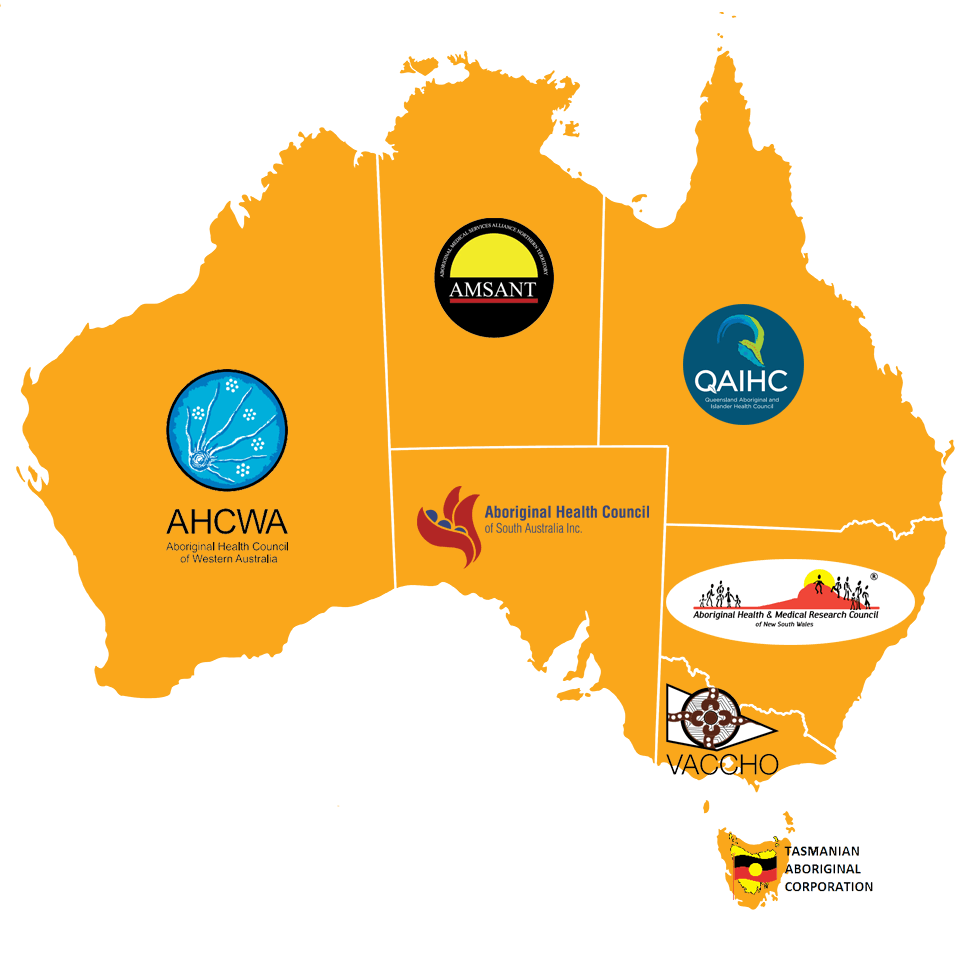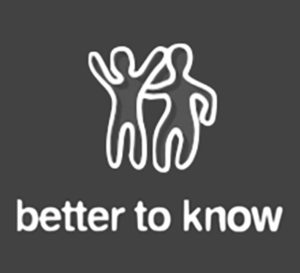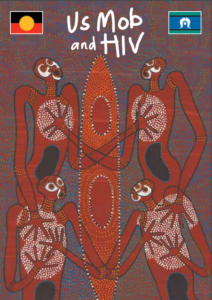HIV Health Promotion Resources | Resources for people living with HIV | PEP | PrEP | HIV Health Promotion Posters
HIV Health Promotion Resources
What is health promotion?
Health promotion resources and activities are designed to help people to improve their health and well-being. HIV health promotion resources focus on improving outcomes in HIV transmission, prevention, care and management, stigma and discrimination.
Two editions of the magazine HIV Australia feature innovative HIV health promotion and education campaigns produced by and for our community since the 1980’s: Respect and resilience, and Fire in the belly.
HIV Factsheets
SAHMRI has produced a set of factsheets on HIV. Click on the link below to read or download.
HIV full factsheet
HIV – the basics
PEP
PrEP
Treatment as Prevention
HIV Infographics
SAHMRI has produced infographics about HIV – transmission, getting tested, prevention, and treatment. These can be used on social media, in community education, for posters, and in presentations.
Feel free to download and use our infographics.
NEW HIV Infographics!
POSTERS
The team at SAHMRI have been busy creating posters with communities across Australia. The posters aim to get HIV and STI prevention key messages out to young people and others in a fresh, engaging way. Click here to view and download the posters.
Design your own Health Promotion POSTERS
Do you want to design HIV and or STI posters with your own personal touch for your community? Use our template to design your own health promotion posters to promote testing, access or a new program. The template allows you to include messages in local language, and you can use your own logos as well as your own images.
Just follow these steps and you can design your own poster – it’s easy: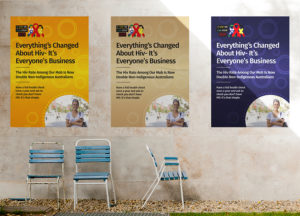
Select the messages you want from our lists
Add your own image and logo
Follow the links to create downloadable files
Presto, a poster you can print yourself!
Click here to start designing
Animations
Check out our new animations that explain the basics of HIV PrEP and STIs. Feel free to use these and share them with your network.
Videos
Check out our new videos below – feel free to use these for community education and staff training, and to share them among your network.
This short video clip features Amanda Sibosado, telling the basics on Rapid Syphilis Testing.
This short video clip features Crystal Love sharing some tips on HIV and how we can stay protected.
What it means to have HIV – The new video resource provides important information regarding living with HIV, and is essential viewing particularly for those recently diagnosed, and for people with an interest in understanding how HIV is managed today. The video was commissioned by the Sexual Health and Blood-borne Virus Program (SHBBVP), and the project was led by Hepatitis WA with guidance provided from Aboriginal community members and health service providers.
HIV Testing – Don’t be shame to get tested is a short video on HIV testing and why you don’t need to be shame.
Young Deadly Free
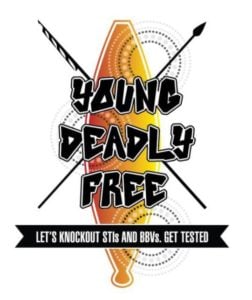 The Young Deadly Free website http://youngdeadlyfree.org.au/ – is a website about Sexually transmissible infections (STIs) and blood borne viruses (BBVs) particularly targeted to young people in regional and remote communities. Young Deadly Free has resources for young people, clinicians and parents, Elders, teachers and other community leaders. Working with young people can help knockout STIs and BBVs. Young deadly free resources include: Factsheets, animations and infographics on HIV, other BBVs and STIs, what’s involved in getting tested.
The Young Deadly Free website http://youngdeadlyfree.org.au/ – is a website about Sexually transmissible infections (STIs) and blood borne viruses (BBVs) particularly targeted to young people in regional and remote communities. Young Deadly Free has resources for young people, clinicians and parents, Elders, teachers and other community leaders. Working with young people can help knockout STIs and BBVs. Young deadly free resources include: Factsheets, animations and infographics on HIV, other BBVs and STIs, what’s involved in getting tested.
Condoman
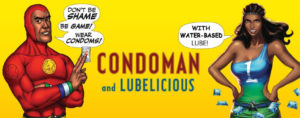 The Condoman campaign was developed in the late eighties in recognition of the fact that the Grim Reaper HIV awareness campaign was doing nothing to promote sexual health among Aboriginal and Torres Strait Islander people. Condoman is now an iconic figure and his message “Don’t Be Shame Be Game” has reached generations of Aboriginal and Torres Strait Islander people. The image of Condoman was rebranded and updated and he now works with his sidekick Lubelicious
The Condoman campaign was developed in the late eighties in recognition of the fact that the Grim Reaper HIV awareness campaign was doing nothing to promote sexual health among Aboriginal and Torres Strait Islander people. Condoman is now an iconic figure and his message “Don’t Be Shame Be Game” has reached generations of Aboriginal and Torres Strait Islander people. The image of Condoman was rebranded and updated and he now works with his sidekick Lubelicious
‘Better to Know’
‘Better to Know’ is a website for young Aboriginal and Torres Strait Islander men and women. It provides detailed information on STIs, HIV, testing and treatment – in two sections, Men’s Business and Women’s Business.
The site is also a practical tool for health workers and counsellors in Aboriginal health services, sexual health centres and general practice to assist patients in partner notification. Users can use the site to notify recent sexual partners that they may have been at risk of having an STI and encourage them to have a sexual health check. The notification can be made anonymously.
PATSIN
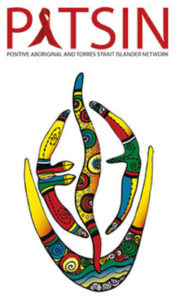 The NAPWHA-auspiced Positive Aboriginal Torres Strait Islander Network (PATSIN) is a national membership-based group for indigenous people living with HIV. It works within Aboriginal Torres Strait Islander (ATSI) communities and service providers to represent the interests of indigenous Australians. PATSIN exists to provide an outlet for exchanging experiences and knowledge about HIV, and to advocate for change at the community level. PATSIN is committed to increasing education and addressing the high-level of HIV stigma within indigenous communities.
The NAPWHA-auspiced Positive Aboriginal Torres Strait Islander Network (PATSIN) is a national membership-based group for indigenous people living with HIV. It works within Aboriginal Torres Strait Islander (ATSI) communities and service providers to represent the interests of indigenous Australians. PATSIN exists to provide an outlet for exchanging experiences and knowledge about HIV, and to advocate for change at the community level. PATSIN is committed to increasing education and addressing the high-level of HIV stigma within indigenous communities.
GDHR
GDHR is a long-standing educational curriculum and teaching resource funded by the Western Australian Department of Health (WA Health). The website is designed to support teachers, school nurses and schools to provide positive and comprehensive sexual health and relationships education (SRE). Growing and Developing Healthy Relationships (GDHR)
All Good
This website includes information, resources and service directories on STIs and BBVs for Aboriginal and Torres Strait Islander people. It includes a ‘find a service tab’ to find a local doctor, clinic or a testing centre that provides HIV testing. The website also includes links to local support services. Click on the logo to go to the website
‘Us Mob and HIV’
Us Mob and HIV is a booklet designed to increase Aboriginal and Torres Strait Islander people’s understanding of HIV. The booklet provides introductory information about HIV, transmission and prevention, HIV testing, HIV treatments, health monitoring and care and support needs, as well as contact details for services. The booklet was updated in 2021, you can find the updated edition here
2 Spirits
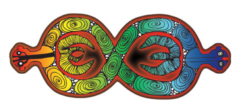 The 2 Spirits program was established in 1996 as the Queensland Aboriginal and Torres Strait Islander HIV/AIDS Project. The project was renamed 2 Spirits in 2009 – ‘2 Spirits’ referring to a person possessing both masculine and feminine spirits. Covering the entire state of Queensland, the program promotes the health of Aboriginal and Torres Strait Islander gay men and sistergirl communities through sexual health promotion, campaigns, community outreach, education workshops, support and referrals.
The 2 Spirits program was established in 1996 as the Queensland Aboriginal and Torres Strait Islander HIV/AIDS Project. The project was renamed 2 Spirits in 2009 – ‘2 Spirits’ referring to a person possessing both masculine and feminine spirits. Covering the entire state of Queensland, the program promotes the health of Aboriginal and Torres Strait Islander gay men and sistergirl communities through sexual health promotion, campaigns, community outreach, education workshops, support and referrals.
NACCHO
NACCHO (the National Aboriginal Community Controlled Health Organisation), is the national peak for the more than 150 Aboriginal Community Controlled Health Organisations across Australia.
Read more about NACCHO’s role and work.
Aboriginal Community Controlled Health Services
Aboriginal Community Controlled Health Services (ACCHS) deliver education and health promotion campaigns as part of their preventative health programs, including on STI, HIV and hepatitis prevention. For information about health promotion programs and resources produced by Aboriginal controlled health services, contact your state/territory Peak Aboriginal Health Organisation.
Click on the map to find the Peak Aboriginal Health Organisation in your state or territory.
